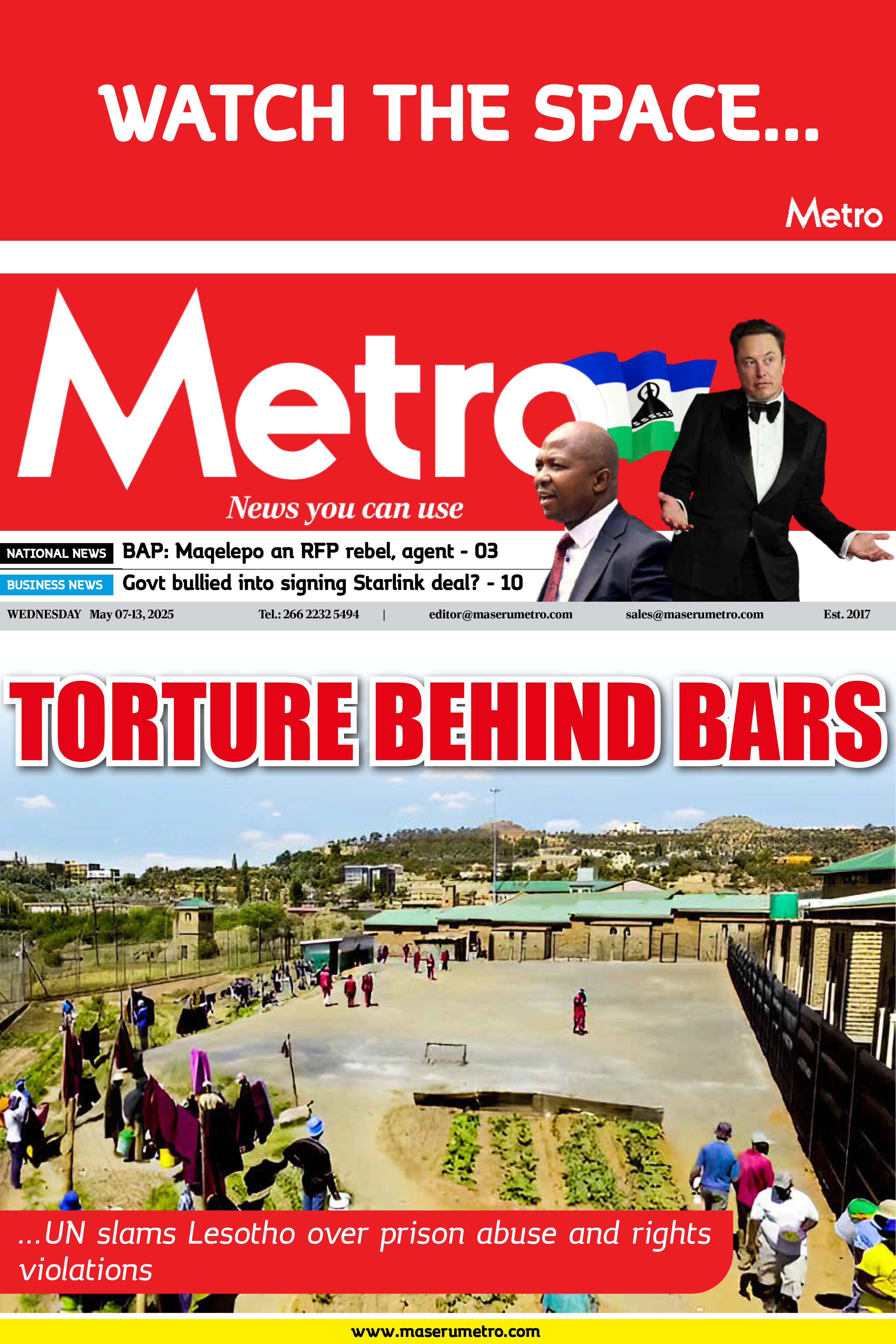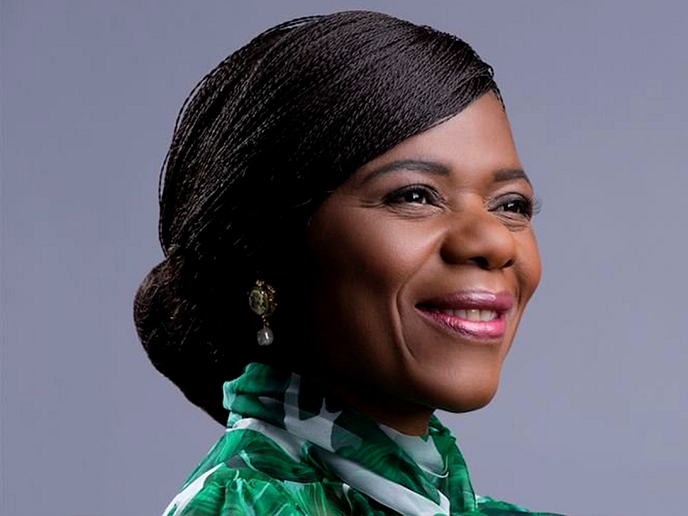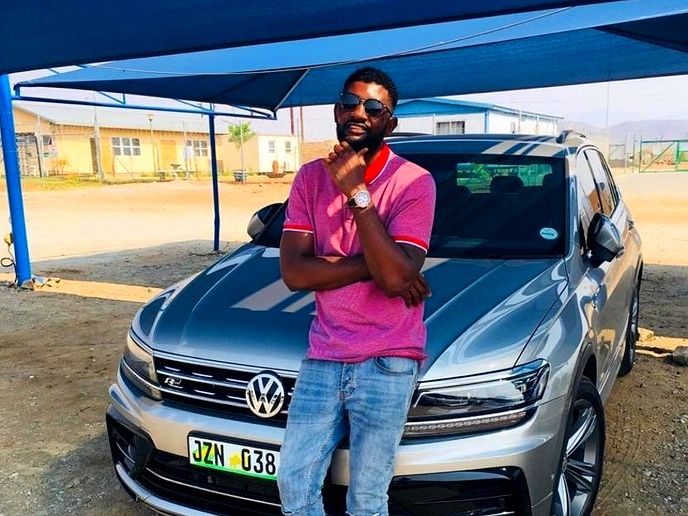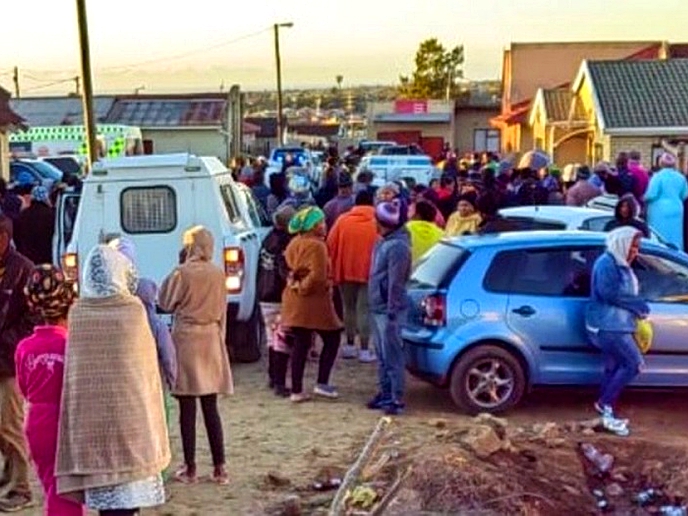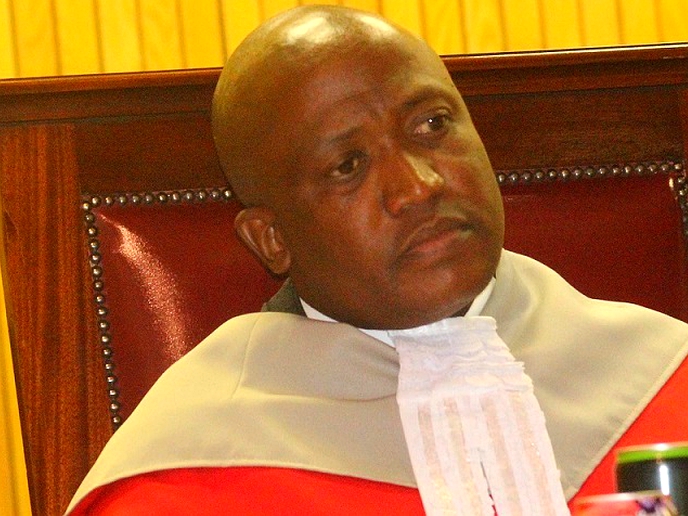JOHANNESBURG - As he gets set to deliver his sixth State of the Nation Address since becoming head of state, South African President Cyril Ramaphosa has proven unable to break the ANC leadership pattern of putting the party before the people.
africa
Feb. 8, 2022
OWN CORRESPONDENT
10 min read
5 times Ramaphosa has put ANC before the people
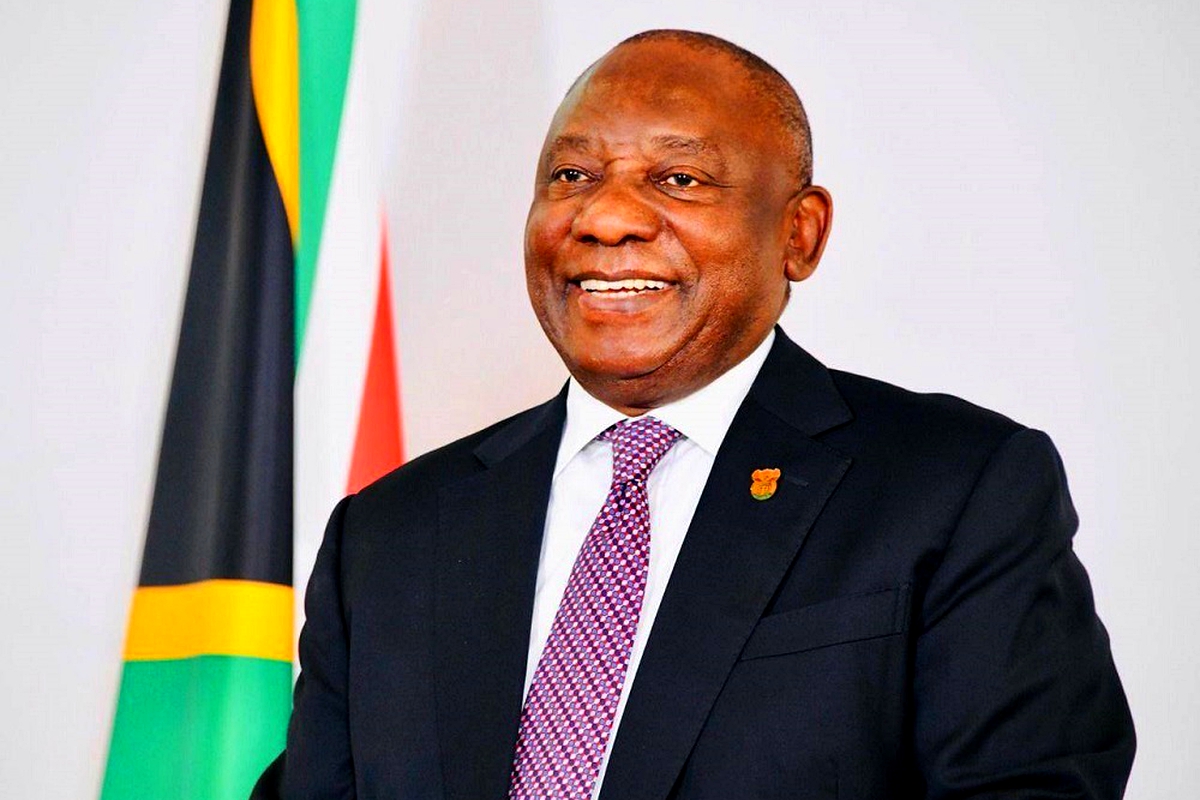
SA President Cyril Ramaphosa
Story highlights
This is creating instability for his presidency and a downward trajectory of growth, employment and investment for his country.
At five crucial moments, he has made decisions that favour his position in the party over the law and the betterment of South Africa.
Ramaphosa was elected president of the ANC in December 2017. Winning with a slim 279-vote majority, he said he was establishing a “beachhead”. He has used the politics of accommodation to extend that position to execute his reform mandate.
This has meant it has become an unworkable structure by accommodating different factional interests in his Cabinet. The expert panel report into the July 2021 violence, chaired by Prof Sandy Africa, says a divided Cabinet catalysed an incoherent response.
“It is very clear that different government leaders had different interpretations of what was unfolding, and this resulted in a poorly coordinated response. Ministers differed with each other; there were differences between some Ministers and the officials reporting to them.”
A group of elders convened by Africa and her co-panellists, Mojanku Gumbi and Silumko Sokupa, said the July riots had been a “spectacular governance failure”, while other veterans of the security services said the events had presaged the question of state collapse.
The report found that “poorly rolled-out programmes of service delivery and unacceptable living conditions, the state of the economy, and the persistent levels of poverty, served to provide a ripe environment to light the tinder box that was the incarceration of former President Zuma that led to many poor and desperate people joining in the looting, alongside those more calculating in their objectives and motivation”.
July riots, 2021
In the immediate aftermath of July’s “failed insurrection”, Ramaphosa used strong language, saying no stone would be left unturned in finding the masterminds who stoked the violence and looting for which more than 300 people perished and which stripped R50-billion in GDP.
The latest figures from the SA Property Association show that 2,362 stores were looted and the economy lost 3,217 jobs. Most retail, banking and construction company results that have come out since have detailed the extent to which the July violence impacted on the economy and forestalled investment.
To date, not a single mastermind has been netted — a few social media mavens have been arrested and charged, and the investigation appointed by Ramaphosa into the intelligence failures which led to the violence has not been heard about since.
Hundreds of people were arrested and released on bail, but the National Prosecuting Authority has never provided a detailed briefing on progress or prosecutorial strategy.
The report on the violence says “the ANC admits that some people inciting violence were their members and called on them to put a stop to the behaviour, but it is unclear whether their disciplinary action was taken against such members”.
It is common cause that former president Jacob Zuma’s arrest and jailing on contempt of court charges was a political catalyst for the riots and looting, and that branches, members and structures of the ANC were involved. Once this became clear, Ramaphosa took his foot off the pedal and left all stones unturned.
The National Security Council was unprepared for the violence.
“The National Security Council had not been sitting regularly before July 2021 despite warnings from NICOC (National Intelligence Coordinating Committee) that 2021 was going to be a particularly volatile year.
“This is concerning, given that it was clear that there was heightened mobilisation for protests… As the tug-of-war around the Constitutional Court case of former president Zuma unfolded, tensions kept rising, especially on the political front,” the report found.
Cabinet must take overall responsibility for the events of July 2021, and the National Security Council must work much more effectively, said the report.
“The question that remains is whether the National Security Council has, subsequent to the riots, sat down to conduct a deep analysis of what happened, why it happened, who was behind it, what their ultimate goal was, or why the country faces constant instability, and related questions.”
The panel found there was a “culture of lawlessness” in South Africa and that the authority of the state had been eroded without any visible plan to respond.
The graphic of the president’s National Security Council shows that crucial positions remain unfilled: The coordinator for intelligence and the head of domestic intelligence positions have been vacant for months. The suspension of Robert McBride, the director of foreign intelligence, is shrouded in silence. The Secretary of Defence Gladys Sonto Kudjoe was named at the Zondo Commission of Inquiry into State Capture as having been, in her former position, part of the network that captured the intelligence structures, but she remains in a strategic role.
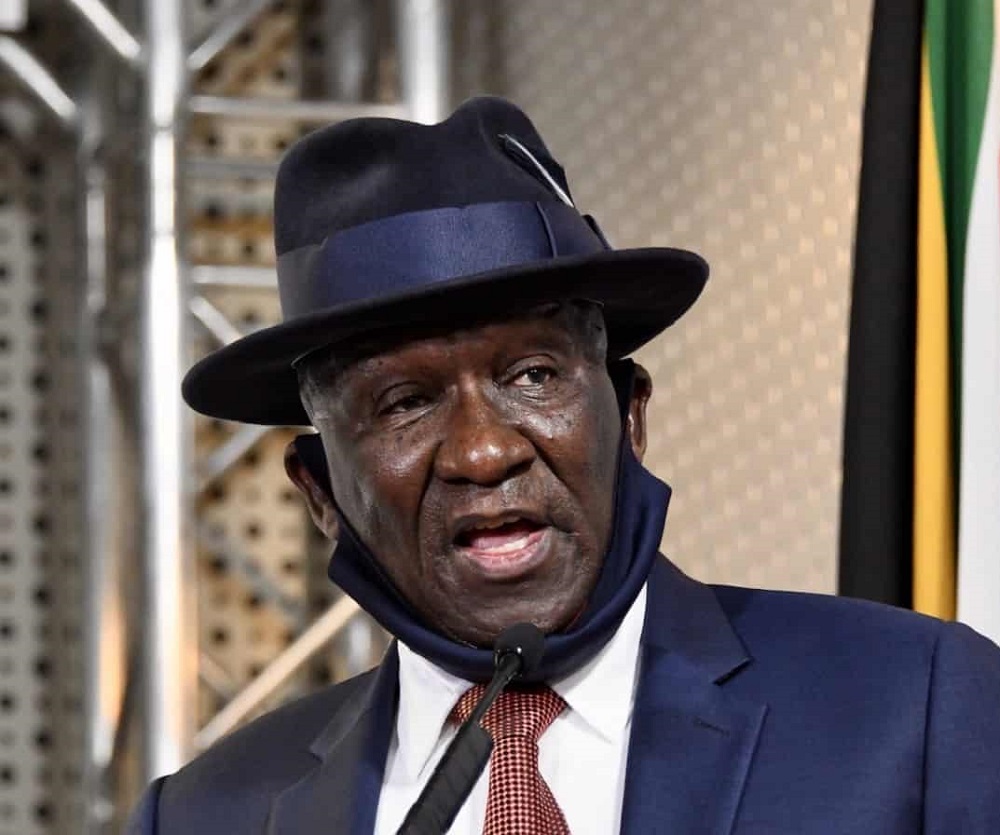
SA Minister of Police, Bheki Cele
Enjoy our daily newsletter from today
Access exclusive newsletters, along with previews of new media releases.

Former SA President, Jacob Zuma
The Minister in the Presidency, Mondli Gungubele, is now responsible for intelligence after his appointment in January. There is no clarity on what this position entails or how Deputy Minister in the Presidency, Zizi Kodwa, fits into the picture. Ramaphosa has not resolved the politicisation of intelligence or clarified its opaque operations because it is too politically costly to do so.
“The possibility that the faceless people behind this attack on the State were aware of the weaknesses of the security services makes the task of rebuilding a credible and professional intelligence service even more urgent,” said the Sandy Africa report.
It added that “… business leaders urged the President, given the negative impact on investor confidence, to assure investors that government is acting urgently to address the security, law and order and intelligence weaknesses identified…”.
The report also said that “the ANC’s internal differences should be addressed as a matter of national security now”.
Medical parole for Zuma — September 2021
In September 2021, then Correctional Services Commissioner Arthur Fraser overrode the opinion of the medical parole appeals board to grant Zuma a get-out-of-jail-free card. Before making the decision, Fraser informed Ramaphosa of his intentions. The president did not object. His people put out the rumour that Zuma was on his deathbed while, in fact, he was in rude health.
The reason was clear. Having Zuma behind bars was politically damaging to the president. A December appeal judgment ordered the former head of state back to jail to complete his contempt of court sentence, but he appealed against that ruling. The decision to grant Zuma medical parole, with Ramaphosa’s acquiescence, means that Zuma — the man at the centre of State Capture — is very likely never to face prosecution in that regard.
Hostage-taking, October 2021
In October 2021, the Minister of Defence and Military Veterans, Thandi Modise, her deputy Thabang Makwetla and Mondli Gungubele, were taken hostage by scores of ANC MK veterans.
It took police intervention to get them released — 56 veterans were arrested and three injured. Since then, Modise, Ramaphosa and Gungubele have refused to communicate on the hostage situation.
Journalist Rebecca Davis reported that the hostage-taker who led the group works for the eThekwini municipality, while 43 have criminal records. The former fighters rebranded themselves as the Liberation Struggle War Veterans after the ANC disbanded the MK Military Veterans’ Association. This portends the creation of a political force such as that formed by ex-combatants in Zimbabwe. They are used as a paramilitary group by Zanu-PF whenever authoritarian leaders require the execution of a pet political project.
SAPS Commissioner Khehla Sitole, ongoing
Almost four months ago, Ramaphosa instructed Sitole to inform him why he should not be suspended.
Crime is entirely out of control after Covid ravaged the economy. Burglaries, robberies, cash-in-transit heists and murders have reached and, in some cases, exceeded record levels. Policing has failed.
But because Sitole was appointed by Zuma and has support in the security structures still loyal to him, he hasn’t been moved. The failure to keep citizens safe — while the party wins at the expense of the state — is played out in the most macabre fashion in the political theatre that is criminal justice mismanagement.
The Sandy Africa report found that Sitole failed to give Police Minister Bheki Cele a threat and risk assessment, or early warning report, ahead of the July violence, despite crime intelligence being put on alert in June ahead of Zuma’s imprisonment.
The report found that the police service had been “overwhelmed” because public order policing did not have adequate resources. Also, the rivalry between Cele and Sitole was a potential risk.
“It must be said that the Minister of Police was scathing in his criticism of the SA Police Service,” the report finds.
The report says the police decision to illegally buy grabbers to listen in to conversations at the ANC’s 2017 conference still divides the cops. Sandy Africa’s team heard reports that members of the SAPS and elements within the State Security Agency may have been involved in the looting.
Leaked voice notes from the ANC’s executive suite
In December 2021, edited voice notes from the ANC’s National Executive Committee were leaked. Journalist Stephen Grootes transcribed and analysed them.
The context for the leaks is the factional war in the ANC which continues to rage after five years of Ramaphosa’s policy of appeasement. Now he faces an investigation by Parliament’s standing committee on public accounts — those voice-notes suggest Ramaphosa knows that state funds are used to fight ANC battles.
Ramaphosa’s presidency has weakened from a solid start to a slow fizzle.
One of the reasons for this is that he has a constant eye on renewing his mandate at the ANC elective conference slated for the end of 2022.
The strategy of putting the party first and the country second has backfired. Ramaphosa now has very little time to turn things around. DM
Tailored for you
